Virus, infections and disease news, features and articles
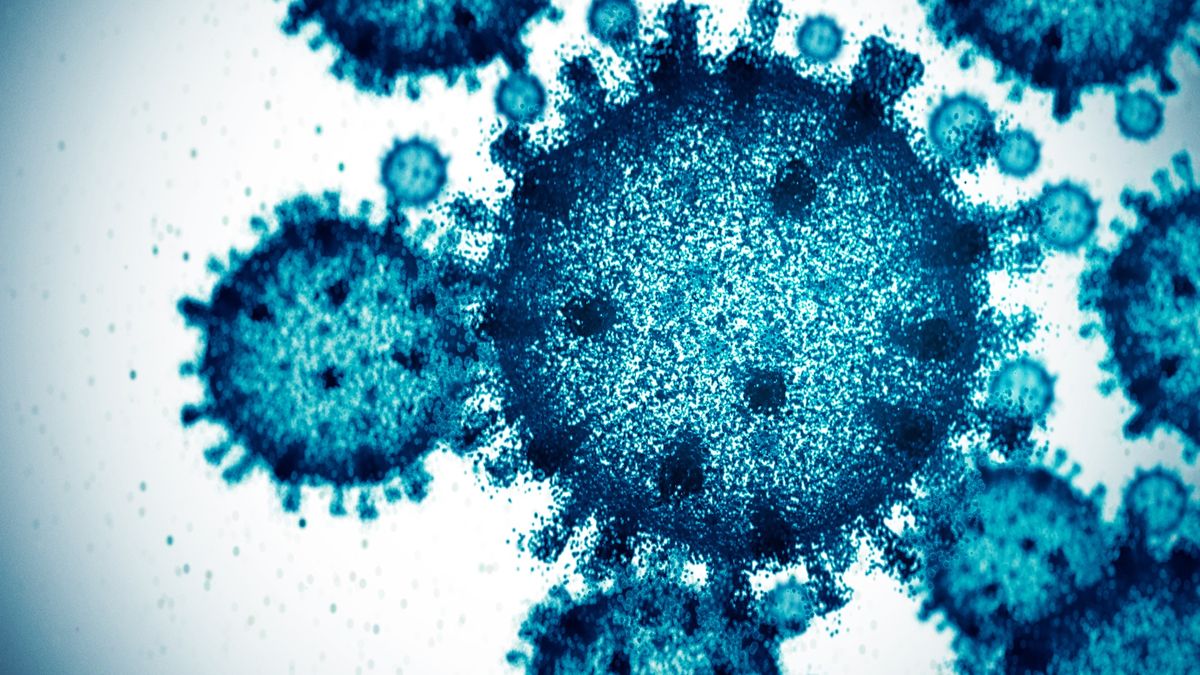
Viruses are microscopic infectious agents that are commonly known for their role in causing disease. They contain either RNA or DNA as their genetic material and need to infect host cells in order to survive and replicate. Some of the most famous viruses that infect humans include influenza (or the flu), human immunodeficiency virus (HIV), SARS-CoV-2 and Ebola. However, viruses are not the only infectious agents; bacteria, fungi and parasites can also all trigger diseases. Furthermore, there are a plethora of conditions that are not spread from one person to the next, known as "non-communicable diseases." These include cancer, diabetes, heart disease and neurological conditions such as Alzheimer's. Learn more about the latest research concerning viruses, infections and diseases in our articles below.
Discover more about virus, infections and disease
—Could bacteria or viruses lurking in ancient Egyptian mummies unleash a plague today?
Latest about Viruses, Infections & Disease
-
-
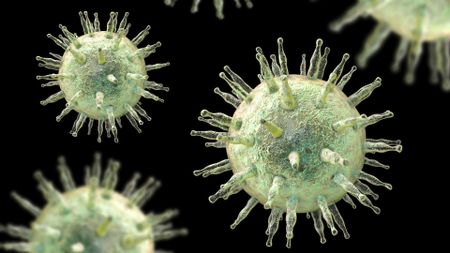
The 'mono' virus raises the risk of MS and cancer in some. 22 genes hint at why.
By Stephanie Pappas Published -
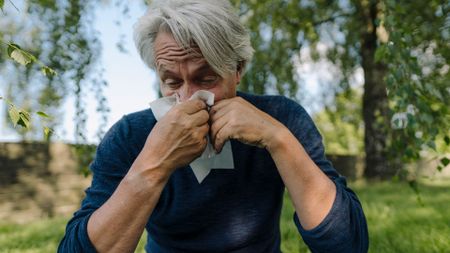
'Nose-in-a-dish' reveals why the common cold hits some people hard, while others recover easily
By RJ Mackenzie Published -

New triple-drug treatment stops pancreatic cancer in its tracks, a mouse study finds
By Zunnash Khan Published -
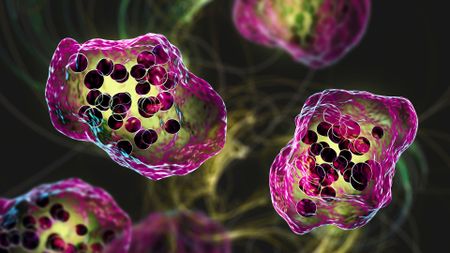
South Carolina's measles outbreak nears 790 cases — making it the biggest in decades
By Nicoletta Lanese Published -
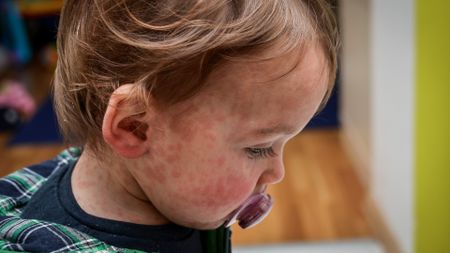
The UK has lost its measles elimination status — again
By Nicoletta Lanese Published -
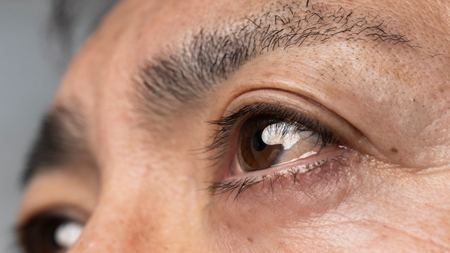
Color blindness linked to lower bladder cancer survival, early study hints
By Marianne Guenot Published -

Viruses that evolved on the space station and were sent back to Earth were more effective at killing bacteria
By Manuela Callari Published
-
Explore Viruses, Infections & Disease
Alzheimers & Dementia
-
-

Vaccines hold tantalizing promise in the fight against dementia
By Anand Kumar Published -

Dementia: What are the signs and symptoms of dementia, and how is it treated?
By Shira Gordon Published -
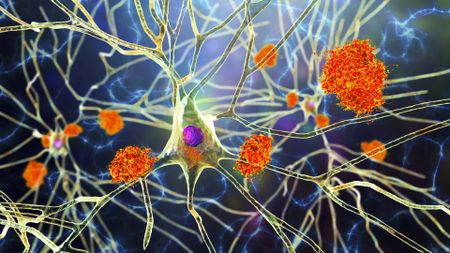
There's a new blood test for Alzheimer's — here's how it works
By Theresa Sullivan Barger Published -
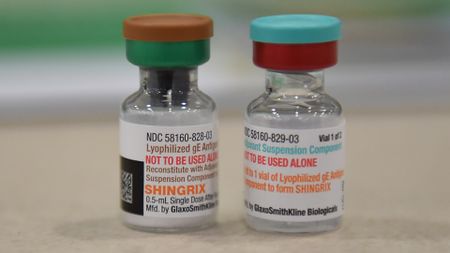
Shingles vaccine may directly guard against dementia, study hints
By Clarissa Brincat Published -
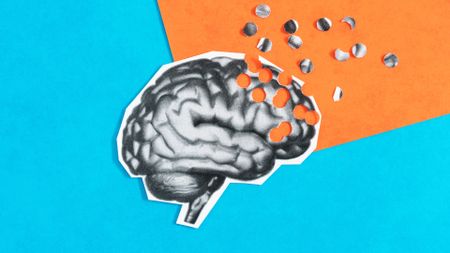
Man nearly guaranteed to get early Alzheimer's is still disease-free in his 70s — how?
By Marianne Guenot Published -
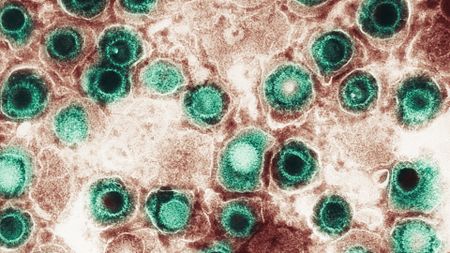
'Reanimated' herpes viruses lurking in the brain may link concussions and dementia
By Nicoletta Lanese Published -

Nearly half of global dementia cases could be delayed or prevented, scientists say
By Eric B. Larson Published -
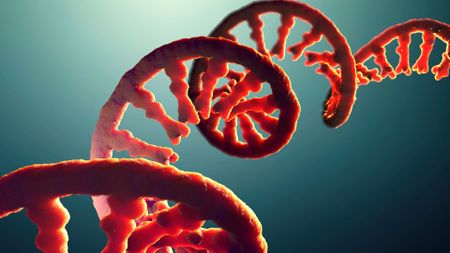
'Look at all this we don't understand': Study unravels whole new layer of Alzheimer's disease
By Nicoletta Lanese Published -

Active ingredient in Viagra tied to lower Alzheimer's risk — but don't get too excited
By Emily Cooke Published
-
Cancer
-
-

New triple-drug treatment stops pancreatic cancer in its tracks, a mouse study finds
By Zunnash Khan Published -

Color blindness linked to lower bladder cancer survival, early study hints
By Marianne Guenot Published -

New tests could nearly halve the rate of late-stage cancers, some scientists say — is that true?
By RJ Mackenzie Published -

It matters what time of day you get cancer treatment, study suggests
By Clarissa Brincat Published -
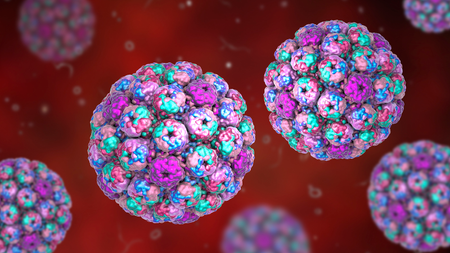
Widespread cold virus you've never heard of may play key role in bladder cancer
By Jennifer Zieba Published -
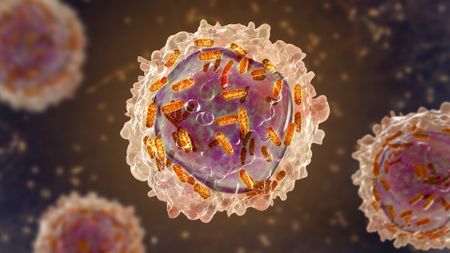
Science history: Female chemist initially barred from research helps develop drug for remarkable-but-short-lived recovery in children with leukemia — Dec. 6, 1954
By Tia Ghose Published -
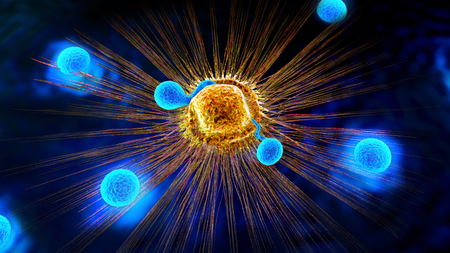
High-fiber diet may 'rejuvenate' immune cells that fight cancer, study finds
By RJ Mackenzie Published -

'Chemo brain' may stem from damage to the brain's drainage system
By Sophie Berdugo Published -
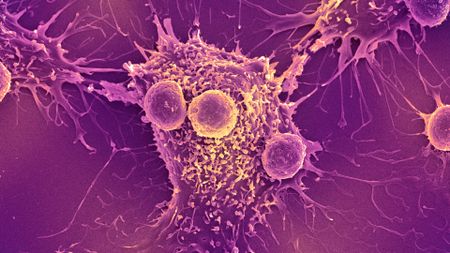
COVID-19 mRNA vaccines can trigger the immune system to recognize and kill cancer, research finds
By Adam Grippin Published
-
Coronavirus
-
-

Have you gotten this year's COVID vaccine?
By Nicoletta Lanese Published -
 Opinion
OpinionCOVID-19 vaccines for kids are mired in uncertainty amid conflicting federal guidance
By David Higgins Published -

1 in 22 COVID survivors develop debilitating chronic syndrome
By Clarissa Brincat Published -

Older adults should get 2 doses of the updated COVID shot, CDC says
By Nicoletta Lanese Published -
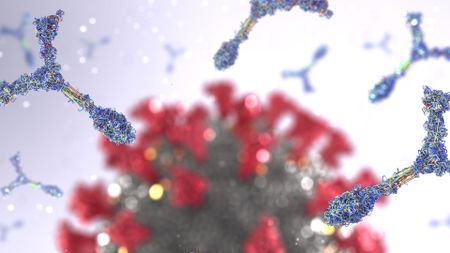
Newfound autoimmune syndrome tied to COVID-19 can trigger deadly lung scarring
By Stephanie Pappas Published -

COVID pandemic knocked 1.6 years off global life expectancy, study finds
By Sascha Pare Published -

Vaccines slash risk of long COVID, studies show
By Shannon Hall Published -
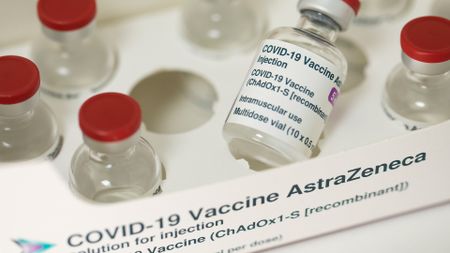
Rare clotting effect of early COVID shots finally explained — what could that mean for future vaccines?
By Stephanie Pappas Published -
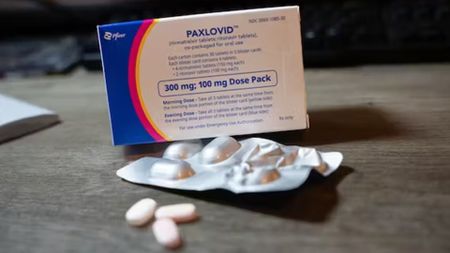
Can antiviral drugs prevent long COVID?
By Ziyad Al-Aly Published
-
Ebola
-
-
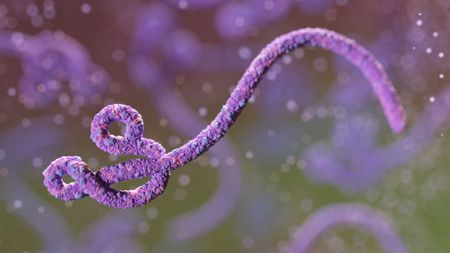
Ebola: Causes, symptoms, treatments & vaccines
By Alina Bradford Published -
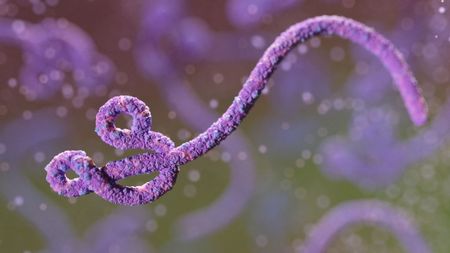
Ebola can linger in brain fluid and trigger deadly relapse, monkey study suggests
By Nicoletta Lanese Published -
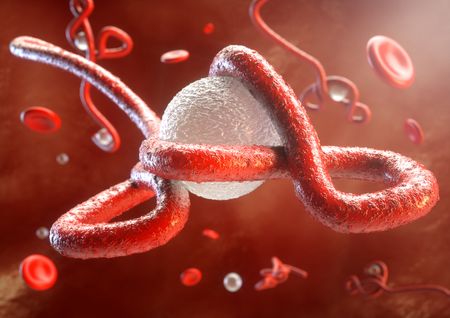
Ebola may have lingered in a survivor for 5 years before sparking new outbreak
By Yasemin Saplakoglu Published -
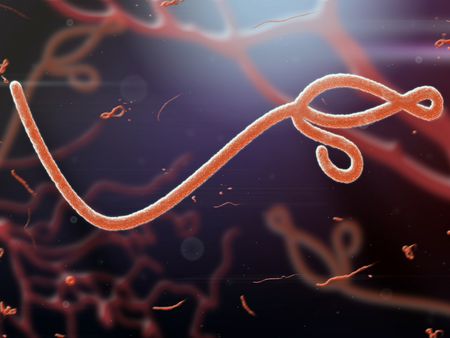
Japan Just Imported Ebola to Prep for Possible Olympic Outbreak
By Nicoletta Lanese Published -
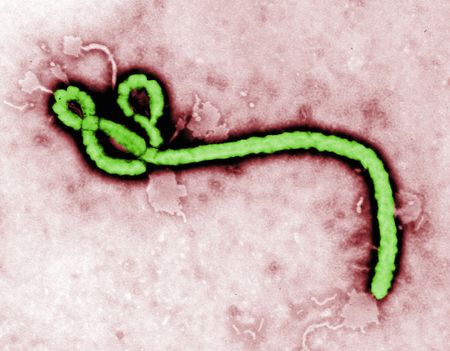
Patient Tested for Ebola in Pennsylvania
By Rachael Rettner Published -

Anti-Vaccine Movement Joins Ebola, Drug Resistance on List of Top Global Threats
By Rachael Rettner Published -
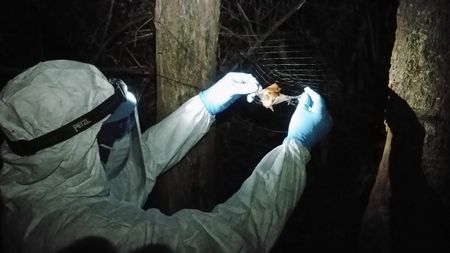
Scientists Discover a Sixth Species of Ebola Virus — in Bats
By Kimberly Hickok Published -
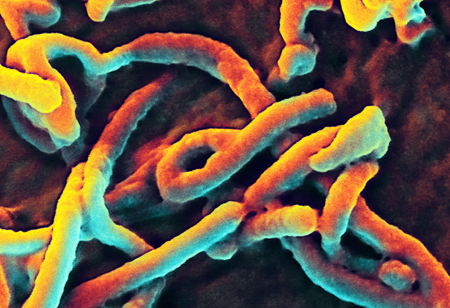
How Bats Could Help Scientists Stop Ebola Outbreaks Before They Start
By Nidhi Sharma Published -
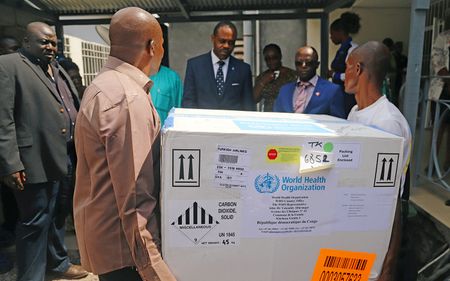
Here's How Health Officials Plan to Use the Ebola Vaccine in New African Outbreak
By Tereza Pultarova Published
-
Ebola
-
-

Ebola: Causes, symptoms, treatments & vaccines
By Alina Bradford Published -

Ebola can linger in brain fluid and trigger deadly relapse, monkey study suggests
By Nicoletta Lanese Published -

Ebola may have lingered in a survivor for 5 years before sparking new outbreak
By Yasemin Saplakoglu Published -

Japan Just Imported Ebola to Prep for Possible Olympic Outbreak
By Nicoletta Lanese Published -

Patient Tested for Ebola in Pennsylvania
By Rachael Rettner Published -

Anti-Vaccine Movement Joins Ebola, Drug Resistance on List of Top Global Threats
By Rachael Rettner Published -

Scientists Discover a Sixth Species of Ebola Virus — in Bats
By Kimberly Hickok Published -

How Bats Could Help Scientists Stop Ebola Outbreaks Before They Start
By Nidhi Sharma Published -

Here's How Health Officials Plan to Use the Ebola Vaccine in New African Outbreak
By Tereza Pultarova Published
-
Flu
-
-

Why is flu season so bad this year?
By Clarissa Brincat Published -
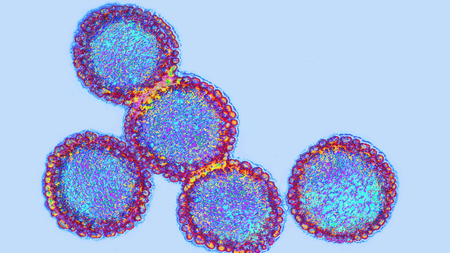
Flu: Facts about seasonal influenza and bird flu
By Mindy Weisberger Published -
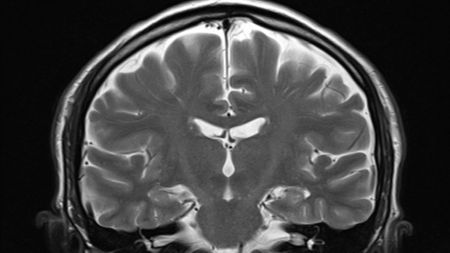
Brain damage reported in 13% of kids who have died of flu this season, CDC finds
By Patrick Pester Published -

This year's flu shot was up to 78% effective at preventing hospitalization in kids, early data finds
By Nicoletta Lanese Published -

The US is having its most active flu season in 15 years
By Hatty Willmoth Published -
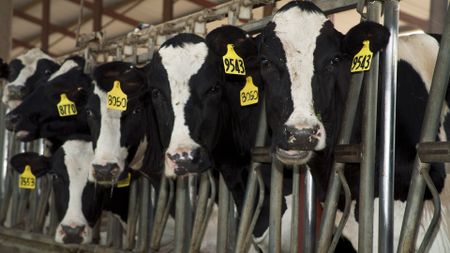
2nd form of bird flu detected in US cows
By Nicoletta Lanese Published -

US reports 1st outbreak of 'highly pathogenic' H5N9 virus in poultry. Should we worry?
By Emily Cooke Published -
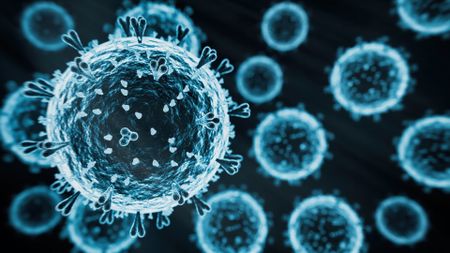
1st deadly case of H5N1 bird flu reported in US
By Nicoletta Lanese Published -

Pet cats in Los Angeles County are catching bird flu from raw food, milk
By Nicoletta Lanese Published
-
HIV
-
-
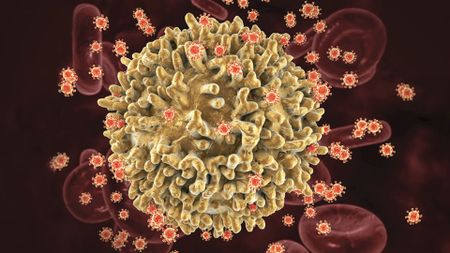
A 'functional cure' for HIV may be in reach, early trials suggest
By Andrea Teagle Published -

Experimental HIV vaccines show promise in early safety test
By Nicoletta Lanese Published -

HIV/AIDS: Facts about the viral infection that attacks the immune system
By Nicoletta Lanese Published -
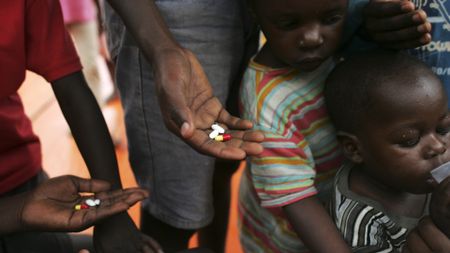
Nearly 3 million extra deaths by 2030 could result from HIV funding cuts, study suggests
By Nicoletta Lanese Published -
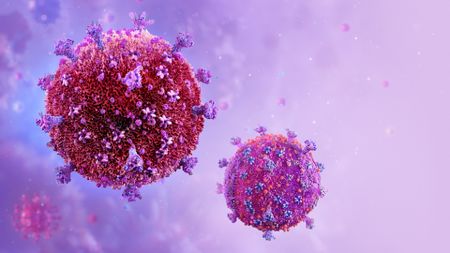
Single-shot HIV treatment suppresses virus 10,000-fold for months, animal study finds
By Michael Schubert Published -
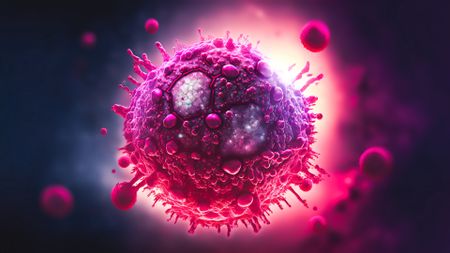
HIV prevention drug found 100% effective in clinical trial
By Linda-Gail Bekker Published -
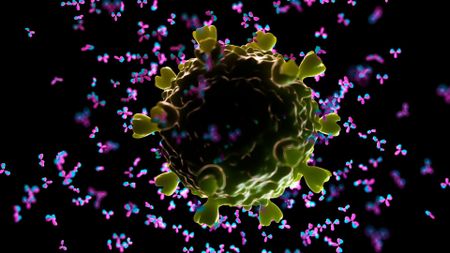
In a 1st, HIV vaccine triggers rare and elusive antibodies in humans
By Nicoletta Lanese Published -
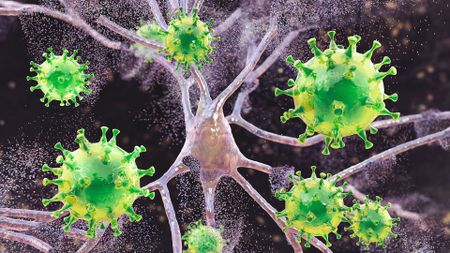
New trial hints at a possible HIV cure approach: Wake up latent virus hiding in the body, then kill it
By Stephanie Pappas Published -

Teens use HIV prevention meds way more if they get these simple interventions
By Nicoletta Lanese Published
-
Zika
-
-
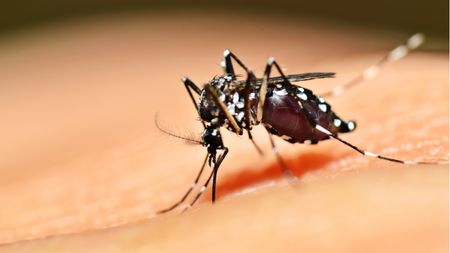
Florida releasing genetically modified mosquitoes to prevent diseases like Zika
By Nicoletta Lanese Published -

Ebola, Zika & More: How Many Viruses Can Get into Men's Semen?
By Rachael Rettner Published -

About 10% of Pregnant Women with Zika Had Babies with Birth Defects
By Rachael Rettner Published -
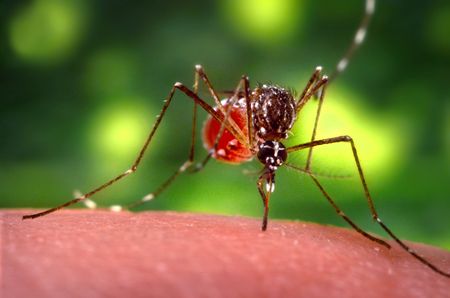
Zika to Weed: 8 Huge Health Stories from 2016
By Stephanie Bucklin Published -
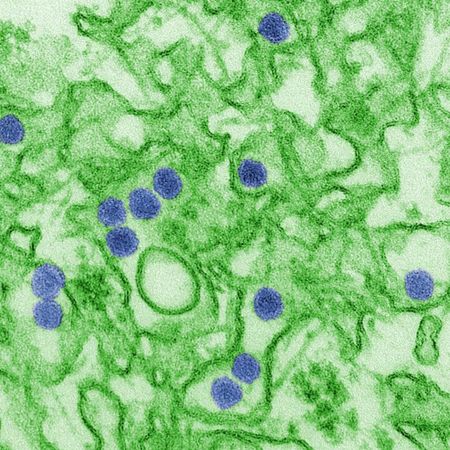
Men with Vasectomies Can Still Spread Zika Via Sex, Report Suggests
By Rachael Rettner Published -

Zika Can Cause Birth Defects in Monkeys Too
By Rachael Rettner Published -
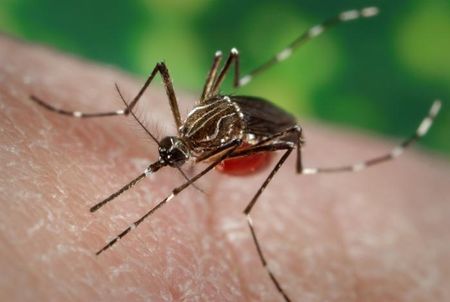
Zika Pesticide Controversy: Is 'Naled' Dangerous to Human Health?
By Stephanie Pappas Published -
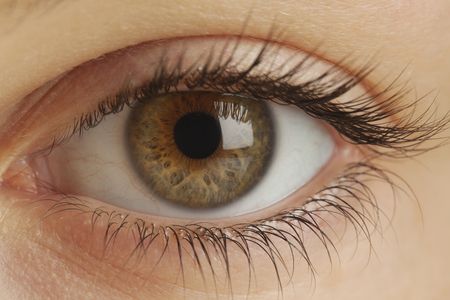
Crying Zika: Virus Material Found in Tears
By Rachael Rettner Published -

In Babies, Zika Can Linger for Months, Brazilian Case Suggests
By Rachael Rettner Published
-
More about Viruses, Infections & Disease
-
-

Viruses that evolved on the space station and were sent back to Earth were more effective at killing bacteria
By Manuela Callari Published -

Why is flu season so bad this year?
By Clarissa Brincat Published -

New tests could nearly halve the rate of late-stage cancers, some scientists say — is that true?
By RJ Mackenzie Published
-
 Live Science Plus
Live Science Plus









